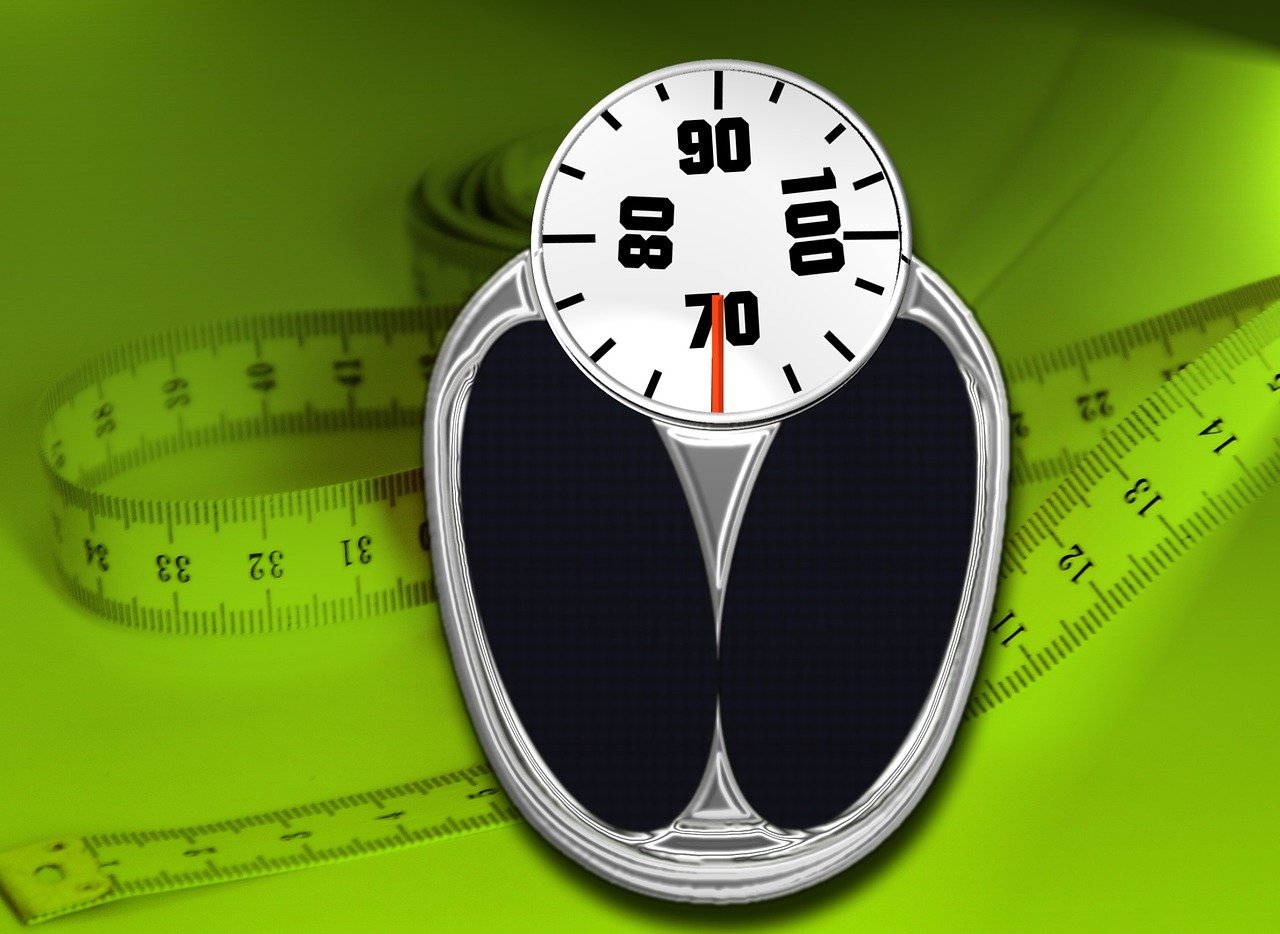The timing of weighing yourself can significantly impact the accuracy of the results. The general consensus among experts is to weigh yourself first thing in the morning, after using the restroom, and before eating or drinking anything.
This ensures that your body has had enough time to digest the food and drinks consumed the previous day. Additionally, it is recommended to weigh yourself wearing as little clothing as possible or the same items each time to minimize variations.
Weiging yourself daily is best if you're aiming for weight loss according to the studies, but if you''re looking to make sure you simply maintain a healthy weight once a week is fine. But, it is something that is worth doing as it's much easier to to correct your diet if you've gained a couple of pounds rather than being caught off guard by 10 or more creeping on over the course of a year.
However, it's important to remember that for most people the goal is to lose fat as much as it is to lose weight, and the scale is only one of many measuring tools that should be used for this. BMI is not the only thing you should be monitoring with regards to your body composition, and body fat percentage is likely to be more important than overall weight for a lot of cases.
Frequency of Weighing
The frequency of weighing oneself varies among individuals. Some people prefer to weigh themselves once a week, while others prefer daily weigh-ins. The key is to choose a frequency that works best for you and to remain consistent. Several studies suggest that regular weighing, whether daily or weekly, leads to greater changes in weight over time. [1]
The Benefits of Daily Weigh-Ins
While weekly weigh-ins can be effective, there are potential benefits to daily measurements. 2015 and 2019 studies found that daily weigh-ins were associated with greater weight loss [2] compared to less frequent patterns. Daily monitoring allows individuals to stay more engaged and make immediate adjustments to their habits. It also offers a more accurate representation of weight fluctuations.
Now, it is important to remember with daily weigh ins that certain things can cause notable fluctuation, dehydration the day after drinking for example. So, it's important not to panic or get too excited if you've managed to drop or gain 1-2lbs overnight.
Alternative Measuring Tools
While the traditional scale on the floor is commonly used for weight tracking, there are other measuring tools available. Digital self-monitoring systems, such as smartwatches, fitness apps, and website trackers, have gained popularity. A 2022 study revealed that the use of these digital tools was associated with greater weight loss compared to pen-and-paper tracking. Additionally, short-term use of activity trackers has shown benefits in weight loss programs. [3]
The Power of Self-Monitoring
Self-monitoring plays a crucial role in weight management. A 2011 study highlighted the positive impact of consistent behaviors, [4] such as regular weigh-ins, nutrition logging, and physical activity, and this has generally be replicated. By holding yourself accountable and maintaining a routine, you can make more informed decisions and achieve your weight loss or weight maintenance goals.
Factors to Consider When You Weight Yourself
While weighing yourself can be a useful tool, it may not be suitable for everyone. Some individuals may find that focusing on the numbers on the scale negatively affects their mental health or body image.
It is crucial to prioritize overall well-being and find a balance that works for you. If weighing yourself becomes a source of stress or anxiety, it may be helpful to explore alternative ways to track progress, such as monitoring body measurements or focusing on non-scale victories, like improved run times, or weight lifts etc.
As we mentioned in the intro fat loss is usually the goal in most cases and more important for general health goals for the population at large. [5] And it should be noted that muscle does weigh more than fat, so if you've managed to improve your gym performance, chances are you've lost some fat. [6]
But, it is of course essential to mention it is important to be honest with yourself about how much progress you're making.
Conclusion: When Should I Weight Myslef?
The best time to weigh yourself is in the morning, after using the restroom and before eating or drinking anything.
Consistency in weighing yourself and choosing a frequency that works for you are key components of successful weight management. And weighing yourself daily is best if you're trying to lose weight.
While the scale is a valuable tool, it is essential to adopt a holistic approach to weight loss or maintenance. By incorporating healthy eating habits, regular physical activity, and overall well-being, you can achieve your weight-related goals and lead a healthier lifestyle.
References
1 - https://www.ncbi.nlm.nih.gov/pmc/articles/PMC2588640/
2 - https://www.ncbi.nlm.nih.gov/pmc/articles/PMC4380831/
3 - https://www.ncbi.nlm.nih.gov/pmc/articles/PMC9031391/
4 - https://pubmed.ncbi.nlm.nih.gov/21185970/
5 - https://www.ncbi.nlm.nih.gov/pmc/articles/PMC6315740/
6 - https://www.ncbi.nlm.nih.gov/pmc/articles/PMC6315740/




